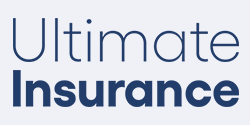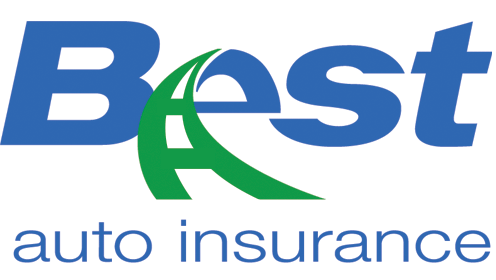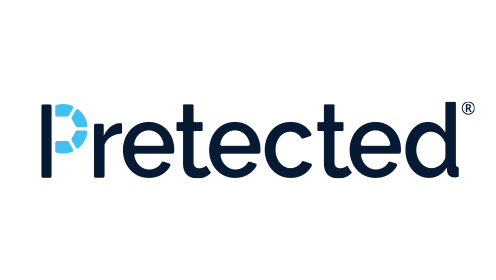High limits on car insurance, home insurance and ample life insurance might not be enough to protect all of your assets. In that case, you may want umbrella insurance.
Umbrella insurance kicks in when the limit of your auto or home insurance policy has been reached and there still are damages to pay. How could that happen? Say, for example, someone falls on your walkway and sues you for an ungodly amount of money, or you cause a six-car pile-up on the highway.
How does an umbrella policy work?

An umbrella policy provides an extra cushion of insurance protection.
An umbrella policy covers damage claims caused by you, your dependents, and even your pets. It starts paying out after your auto and homeowners liability limits run out. For example, if you have a home insurance policy with liability coverage of $300,000, the umbrella policy will pay claims above $300,000, up to the limit you select, such as $1 million.
Another example is if your liability limit on your car insurance policy is $250,000 of bodily injury protection per person and $500,000 per accident. Your umbrella coverage kicks in after you exhaust that coverage.
Let’s say you caused severe injuries to one or more people in an auto accident, and the medical expenses add up to $400,000. If your auto insurance liability coverage tops out at $250,000, you’re still on the hook $150,000. Without umbrella insurance, your hard-earned assets are at risk. Instead, if you have an umbrella policy, it will pay the $150,000 for you.
KEY TAKEAWAYS
- An umbrella policy covers any damage claims made against you, your dependents, or your pets.
- The Insurance Information Institute (III) says you can buy a $1 million umbrella policy for $150 to $300 a year.
- Umbrella policies don’t cover damages from businesses you run. You would need to purchase a business insurance policy for that.
- Before purchasing an umbrella policy, ask your insurer about the cost of increasing the liability limits in your current auto and home policies.
What does umbrella insurance cost?
Because the majority of claims are paid by your primary auto or home policies, personal liability umbrellas are relatively inexpensive. According to the Insurance Information Institute (III), you can buy a $1 million umbrella policy for about $150 to $300 a year. The next million will cost about $75, and about $50 for every million after that. Typically, you can buy a personal umbrella policy of up to $5 million.
Many insurance companies require that you purchase both your auto and home insurance coverage through them in order to buy an umbrella policy. Furthermore, your insurer may require you to buy auto or home liability limits at a minimum amount. According to III, most insurers will require you to have $250,000 per person [$500,000 per incident] of liability insurance on your auto policy and $300,000 of liability insurance on your home insurance policy before selling you an umbrella liability policy for $1 million of additional coverage.
More than your average liability coverage
A personal liability umbrella policy guarantees you more than just higher liability limits. You’re paying for broader coverage in case you’re sued. If you cause bodily injury, property damage or personal injury, an umbrella policy will come to your rescue. Usually the coverage follows you anywhere you are in the world.
Some policies also cover you if you face liability due to your service on the board of a civic, charitable or religious organization.
Umbrella policies cover claims, as well as defense costs and attorney fees associated with claims that your umbrella policy covers, that may not be covered by your primary auto or homeowners policy, and coverage is provided should you be sued for the following:
- Slander
- Libel
- Defamation of character
- False arrest, detention or imprisonment
- Malicious prosecution
- Mental anguish
- Other personal liability situations
As with any insurance policy, don’t expect an umbrella policy to cover your intentional acts that cause damage, nor will it pay for punitive damages in judgments against you or restitution you owe if convicted of a crime.
Umbrella policies also don’t cover damages from any businesses you run. You’d need a business insurance policy for that. Check your umbrella policy for specific exclusions.
It’s also important to note, your own property is not covered by an umbrella policy. It is there to help cover expenses if you’re found responsible for damages to someone else.
QuickTake
Before buying umbrella insurance
Before buying an umbrella policy, ask your insurance company about the cost to raise the liability limits in your current auto and home policies. You may even consider offsetting the premium increase for that by raising your deductibles.
At any rate, in our litigious society, it’s smart to protect your assets. If you have more than $500,000 in assets, umbrella insurance can protect you.








